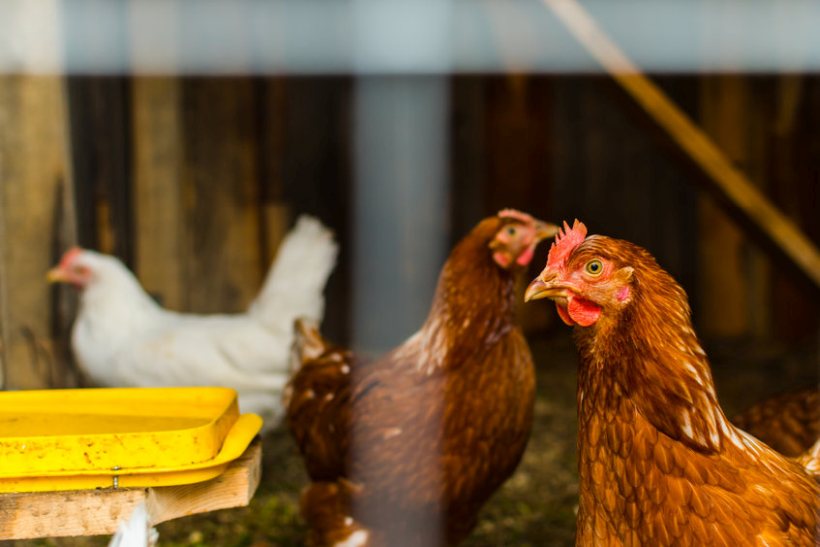
Highly pathogenic bird flu has been confirmed on a poultry farm in Derbyshire, as total cases of avian influenza in England near 100.
Avian influenza of the H5N1 subtype was confirmed at a premises near Ilkeston, Erewash, on Friday evening (22 April), Defra said.
All birds on the infected premises will be humanely culled, and a 3km Protection Zone and 10km Surveillance Zone was put in place around the site.
In England alone, there have been 96 cases of highly-pathogenic avian influenza since late October 2021, the start of the winter bird flu season.
Chief Veterinary Officer Christine Middlemiss has urged farmers and backyard keepers to continue to implement biosecurity measures.
"We have taken swift action to limit the spread of the disease including by introducing housing measures.
"Whether you keep just a few birds or thousands, you must take action now to protect your birds from this highly infectious disease."
She added: "The avian flu outbreak has not gone away and implementing scrupulous biosecurity remains absolutely critical.
"You must continue to regularly clean and disinfect your footwear and clothes before entering enclosures, stop your birds mixing with any wild birds and only allow visitors that are strictly necessary.
"It is your actions that will help keep your birds safe."
How can I boost biosecurity?
The government has issued advice to poultry farmers and keepers on improving biosecurity:
• House or net all poultry and captive birds to keep them separate from wild birds
• Cleanse and disinfect clothing, equipment and vehicles before and after contact with poultry and captive birds – if practical, use disposable protective clothing
• Where possible change their footwear before entering sheds housing poultry and captive birds. If not, then ensure they are thoroughly cleaned and disinfected
• Reduce the movement of people, vehicles or equipment to and from areas where poultry and captive birds are kept, to minimise contamination from manure, slurry and other products, and use effective vermin control
• Thoroughly cleanse and disinfect housing on a continuous basis
• Keep fresh disinfectant at the right concentration at all farm and poultry housing entry and exit points
• Minimise direct and indirect contact between poultry and captive birds and wild birds, including making sure all feed and water is not accessible to wild birds
• Store bedding so that it cannot be contaminated by wild birds
• Ensure appropriate rodent control is in place in all areas where birds are kept, in addition to any areas where the birds bedding or feed is kept
